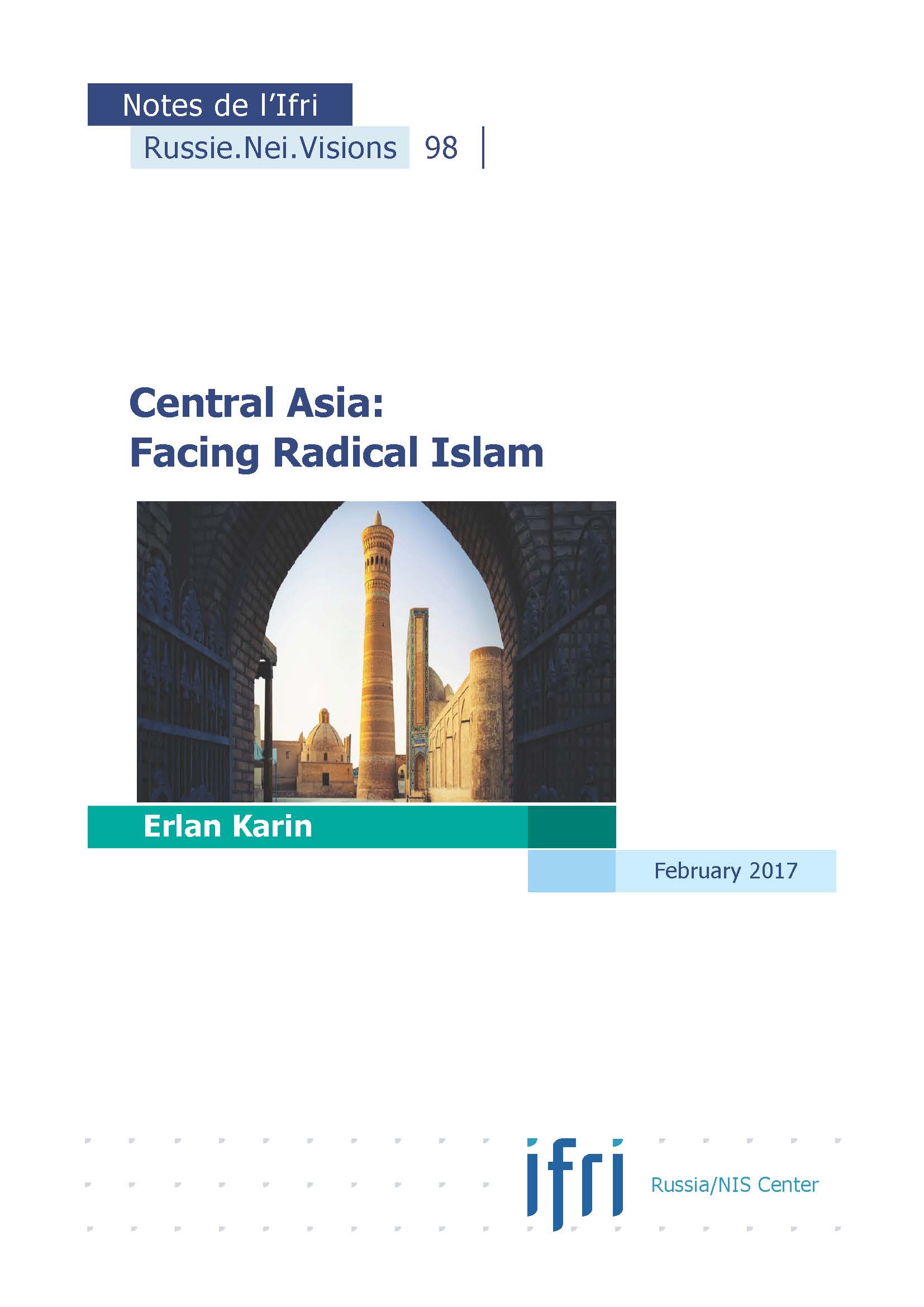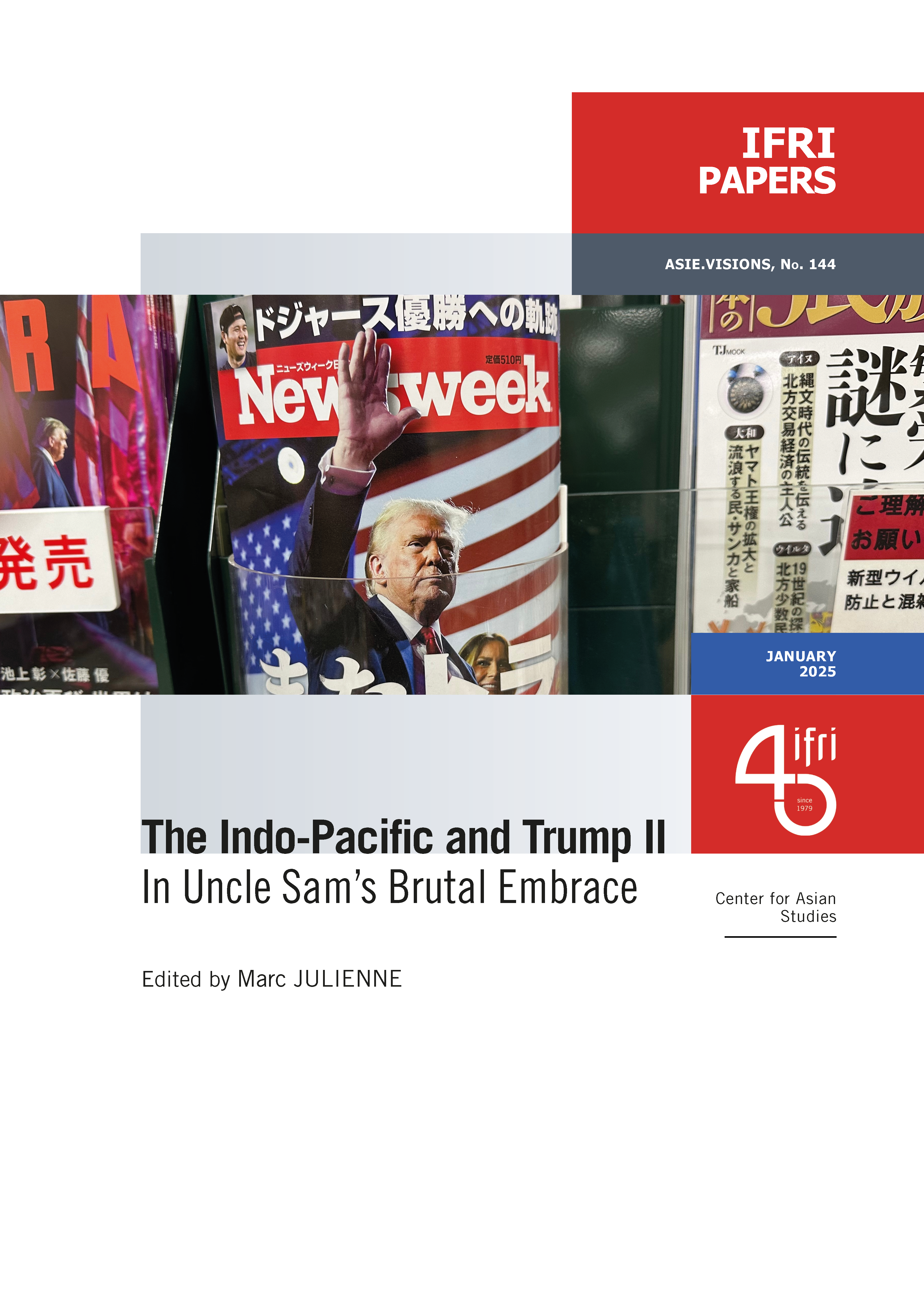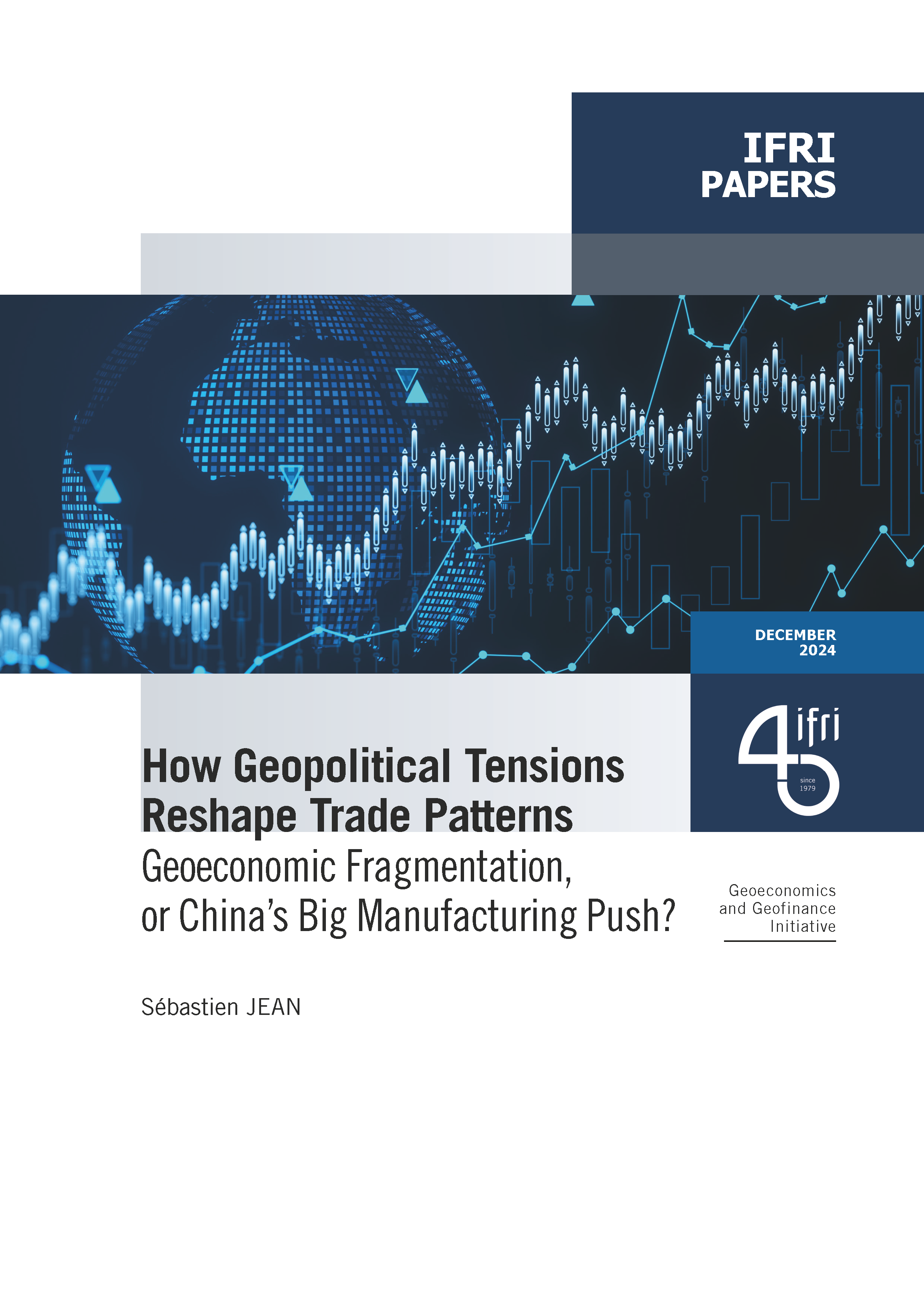Central Asia: Facing Radical Islam

Twenty-five years after the fall of the Soviet Union and the declaration of independence by the republics of Central Asia, the issue of guaranteeing stability and security still looms large on Central Asia’s agenda.

For a long time, terrorism and extremism were not seen as serious threats to regional security. For a time, Central Asian governments even denied that the threat of terrorism existed because they did not want to indirectly acknowledge that some of the preconditions for terrorism were present in the region. If radicalism, extremism and terrorism were discussed, it was only in the context of external threats, while the idea of terrorist threats originating from Afghanistan was more common. Therefore it came as something of a surprise to local societies and to Central Asian governments themselves when they began to notice that radical groups were operating in the region.
Erlan Karin is Director of the Kazakh Institute for Strategic Studies under the President of Kazakhstan (KazISS), and President of the Kazakhstan Political Science Association.
Download the full analysis
This page contains only a summary of our work. If you would like to have access to all the information from our research on the subject, you can download the full version in PDF format.
Central Asia: Facing Radical Islam
Related centers and programs
Discover our other research centers and programsFind out more
Discover all our analysesThe European Union's Strategic Test in Georgia
The political crisis brewing in Georgia is of an existential nature for the country. What is at stake is Georgia's future as a democratic and sovereign European nation (EU).
Commanders of Putin's Long War: Purged, Reshuffled and Disgruntled
The trend of reshuffling the Russian top military command in the course of a fast-evolving and far from successful war has progressed unevenly both across the Armed Forces’ structures and in time. The rationale for and timing of the abrupt cadre decisions made by Commander-in-Chief Putin often defy logical explanation, and the rare official clarifications are no more informative than the usual information blackout.
Russian Military Manpower After Two and a Half Years of War in Ukraine
In addition to a military victory in Ukraine, the Russian leadership is planning to build up sizable troop formations for a possible conflict with NATO in the Baltic region and the Kola Peninsula. In particular, current plans aim for the military manpower to grow by about 350,000, reaching a total of 1.5 million soldiers and commanders. In the context of the current conflict in Ukraine, this cannot be accomplished without a new wave of mass mobilization.
Moldova’s Foreign Policy after 2024 Presidential Elections: Staying on the EU Path, Moving Eastwards or Becoming Multi-vector?
The future of Moldova’s foreign agenda will undergo a stress test during the upcoming presidential elections on October 20, 2024.










